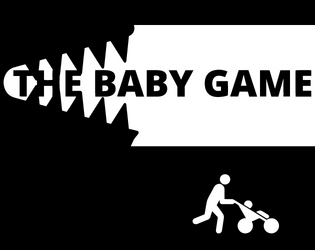I really like this game. The set-up is easy to understand and I can see how students can have a lot of fun with this. The Calamity Table is hilarious, it must have been really fun to come up with the different calamities. And, lest not forget the design of the document, it's neat, minimalist and stylish. (I feel embarrassed for putting zero effort into design of my own game manual)
I'm thinking a bit about the restrictions you impose on the consequentialists. Is there a particular reason why you decided to have these restrictions? After all, if they are supposed to be true consequentialists (i.e. not rule consequentialists) then they should make the parents give up the baby by any means necessary, right? But perhaps it's about preventing the game and the players become a bit hostile towards the parents?




Leave a comment
Log in with itch.io to leave a comment.